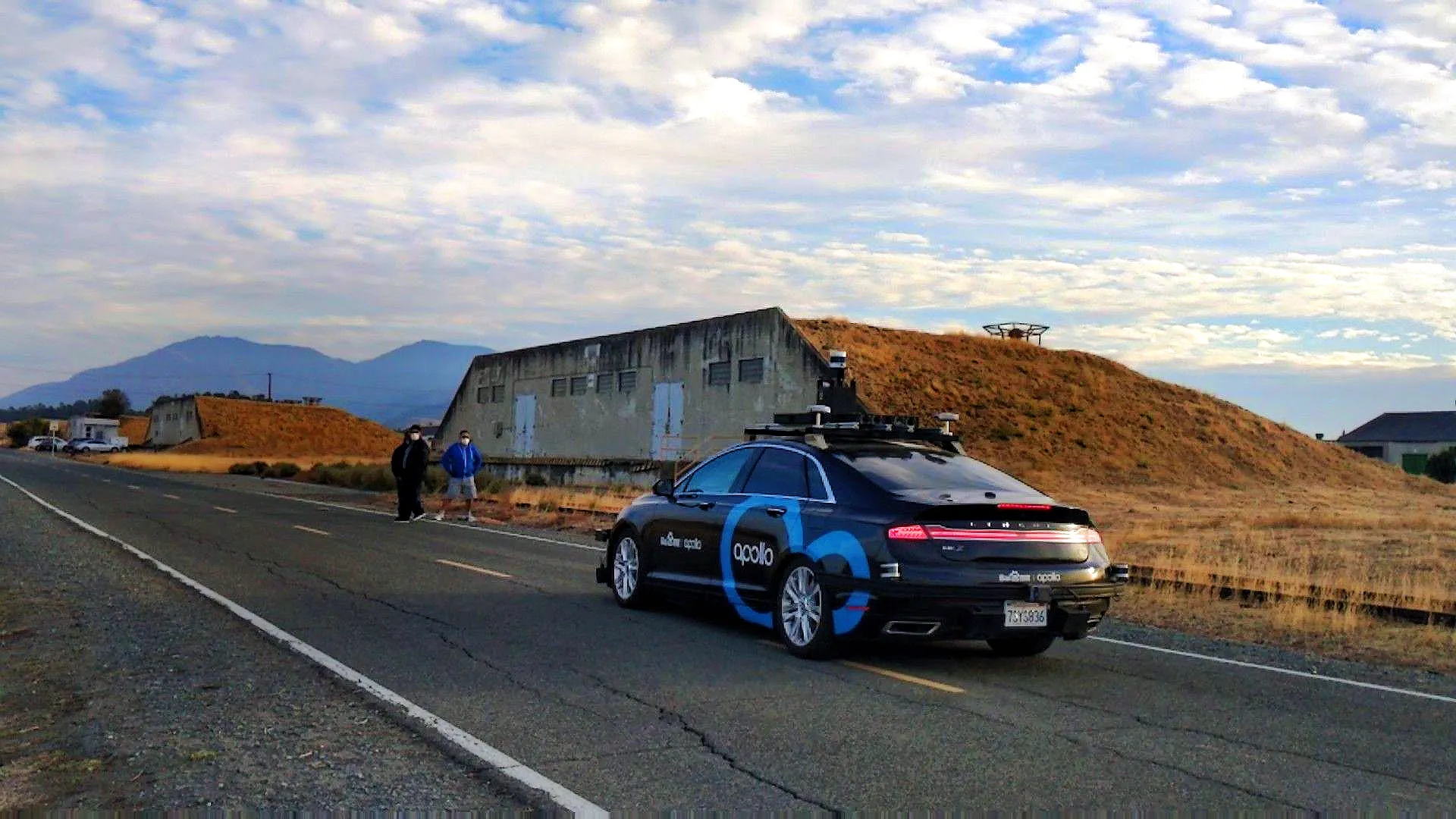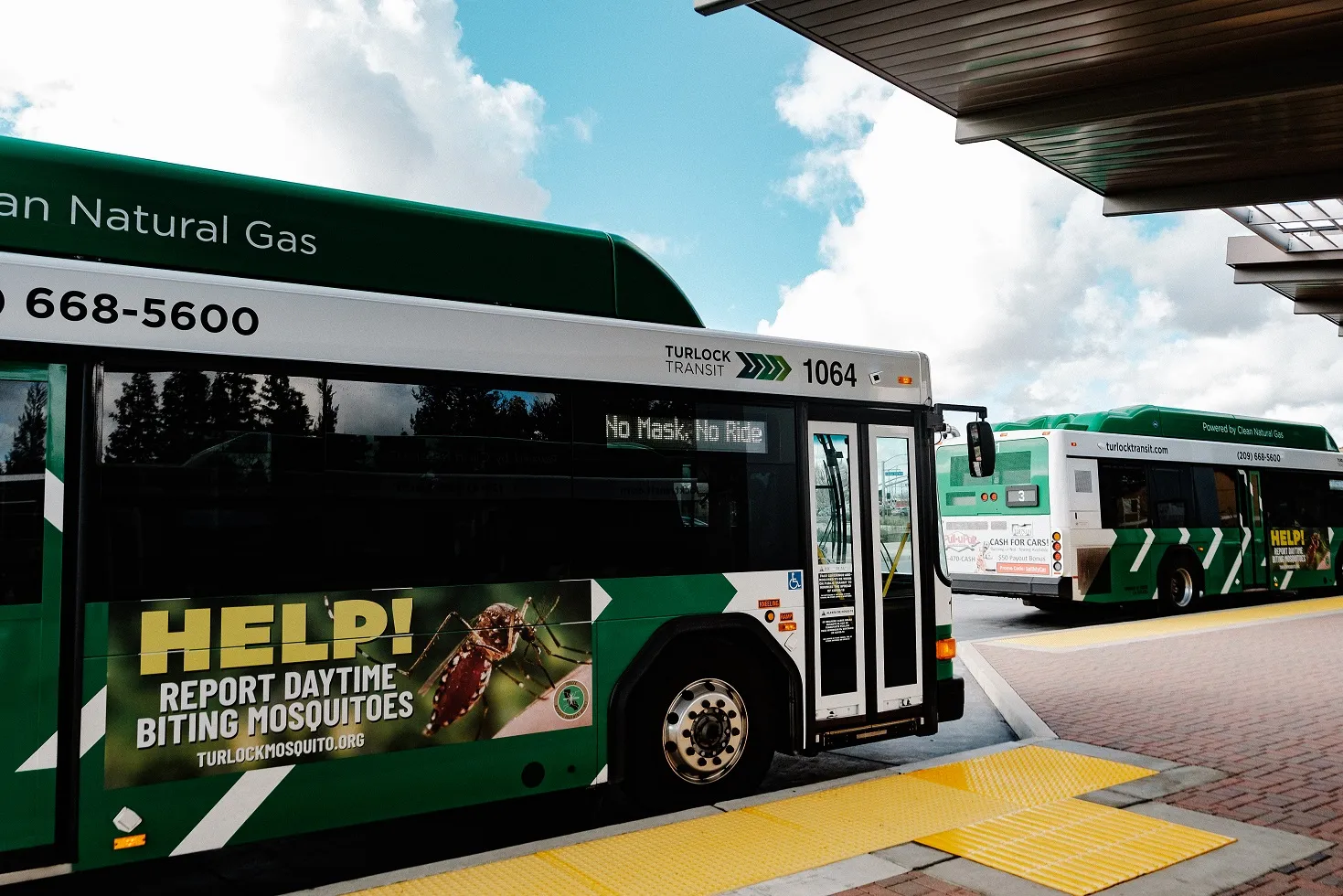
The California Department of Motor Vehicles (DMV) has authorised Baidu USA to test three autonomous vehicles (AV) without a driver on public roads in Sunnyvale in Santa Clara County.
Baidu has had state authority to test AVs with safety drivers since 2016, but the new permit allows it to test the AVs on specific streets up to 45 miles per hour.
The company is allowed to conduct tests at all times during the day and night, but not during heavy fog or heavy rain.
Manufacturers seeking to obtain a driverless permit must provide evidence of insurance or a bond equal to $5 million and confirm vehicles have been tested under controlled conditions that simulate the planned area of operation.
Other requirements include notifying local governments of planned testing in the area and developing a Law Enforcement Interaction Plan that provides information to law enforcement and other responders on how to interact with test vehicles.
Under state law established in 2012, the DMV is required to adopt regulations covering both the testing and public use of autonomous vehicles on California roadways. Regulations to allow testing with a safety driver behind the wheel took effect in September 2014, while rules allowing testing without a driver and deployment of AVs took effect in April 2018.









